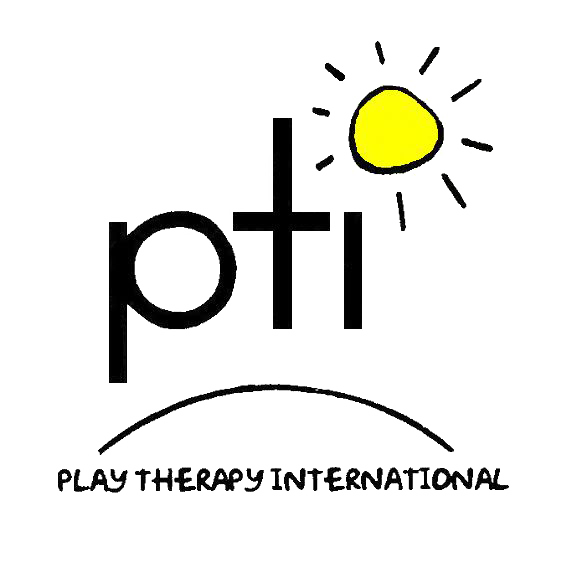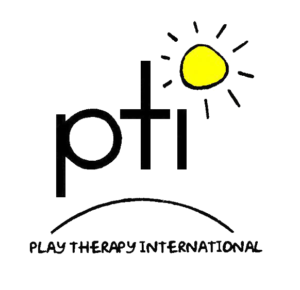PTUK built the first known demand model for play therapy practitioners in England and Wales in 2002 at the same time as it conceived the Profession Structure Model (PSM). Both were presented at the 2004 Play Therapy World Congress and adopted as PTI standard methods.
Career Development in Therapeutic Play & Play Therapy
Introduction - The Need for Practitioners of Therapeutic Play
- The population of children aged 0 – 14
- The incidence of emotional, behaviour and mental health problems caused by social conditions, parenting disabilities, traumatic events etc
- Statutory legislation governing the social welfare of children
- The acceptance of therapeutic play as a healing medium
- Cultural, ethnic and religious caveats
- Policies concerning education, health and social welfare
- Funding available for commissioning services and training
- The relative attractiveness of the therapeutic play professions as a career
- The number of children in age bands and the propensity of children to respond positively to therapeutic play in each age group
- The average number of sessions required to produce an improvement
- The session capacity of a therapist
The updated version estimates that at least 15000 practitioners using therapeutic play, filial play, creative arts and play therapy skills are required for England and Wales. There are probably less than 1200 therapists at present, in these countries, with the level of expertise that is required, so there are plenty of potential career opportunities.
Figures have also been calculated for other countries:
| Estimated number of practitioners required | Estimated number of existing trained practitioners | Career potential gap | |
|---|---|---|---|
| Canada | 10500 | 300 | 10200 |
| Ireland | 1250 | 100 | 1150 |
| United States | 60000 | 4000 | 56000 |

The PTI Demand Model also calculates the number of practitioners required for small geographic areas such as regions, counties, cities down to the smallest census enumeration area. It is offered for use by policy makers and planners that are interested in the latent demand for their country, through PTI Consultancy Services.
Suffice it to say play therapy is an emerging profession in most countries where there is a developed economy and provision for the welfare of children. There are exciting growth opportunities to build a career on PTI based standards of training and certification.
The PTI Demand Model also calculates the number of practitioners required for small geographic areas such as regions, counties, cities down to the smallest census enumeration area. It is offered for use by policy makers and planners that are interested in the latent demand for their country, through PTI Consultancy Services.
Suffice it to say play therapy is an emerging profession in most countries where there is a developed economy and provision for the welfare of children. There are exciting growth opportunities to build a career on PTI based standards of training and certification.

